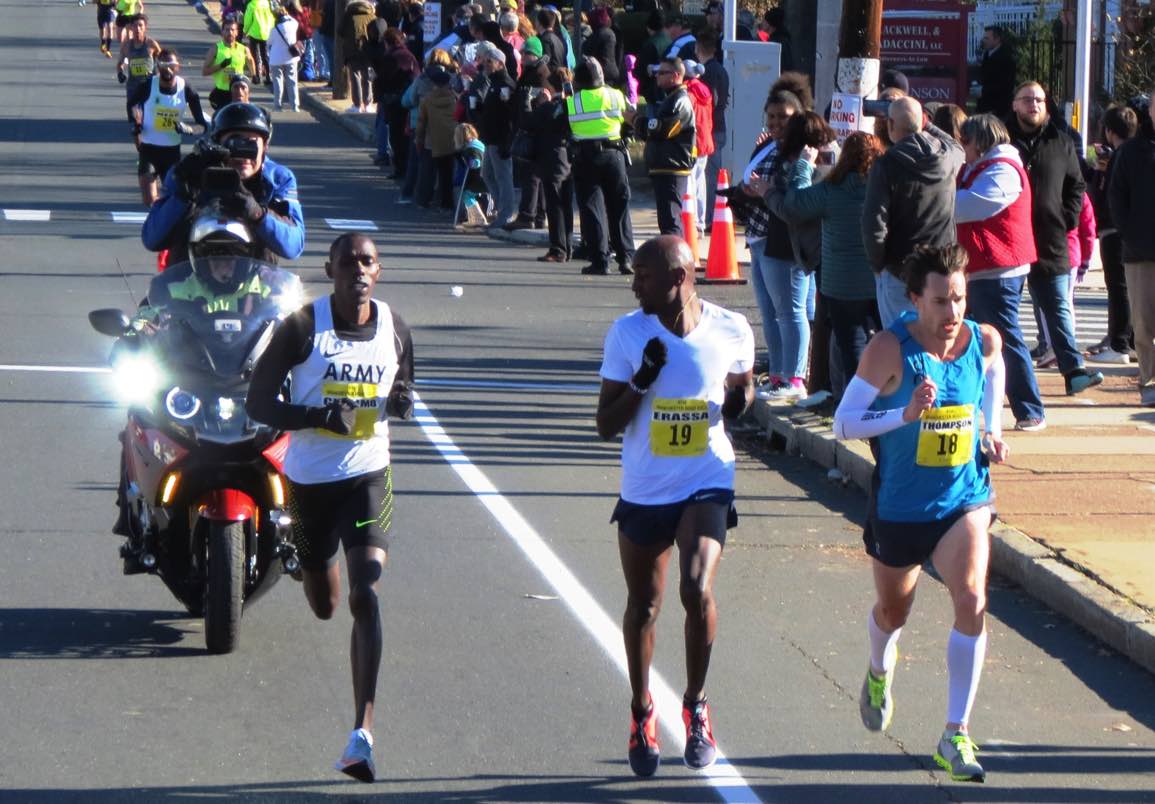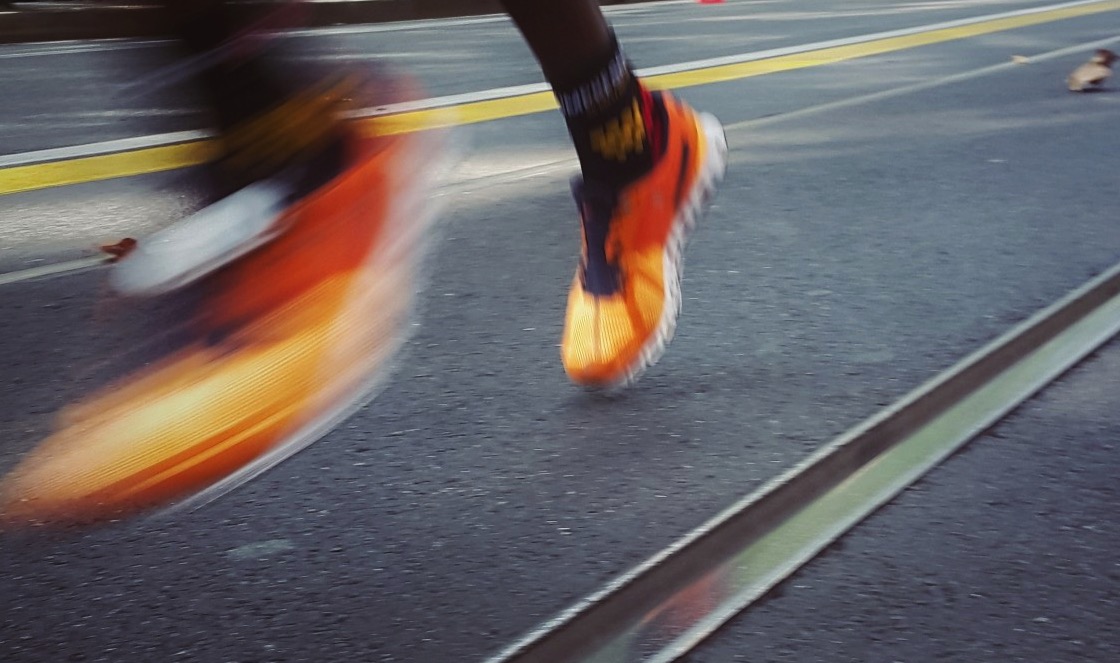When you are running you are probably focused on your breathing, your pace, how far you’ve come, and how far you have to go. At the same time, you are most likely attempting not to focus on the pain creeping into your feet, calves, thighs, ankles, and abdomen. That is why it is important to have both a mental and physical first aid kit when you are going to be doing any type of running.

Your Mental First Aid Kit
As a runner, it is highly likely that you will be doing quite a lot of traveling. This can be exciting as it usually also means that you will be in a new place and around new people. While traveling can be fun, you will need to find a way to stay focused on your task and training to avoid becoming just another tourist. Whatever method you use to keep yourself goal-oriented this is a good time to implement it. Maybe you like crossword puzzles or sudoku to keep your mind occupied, or you enjoy journaling or drawing to take away distractions. Always be prepared for distractions, they seem to have a knack for popping up when you least expect them.
As runners, we all have different ways of handling the pain that starts after a little distance. A large part of running is psychological, and people use many different methods to handle the burning and aching pain in their feet and legs while running. Also, runners sometimes use different motivators to keep them going. For some, it is about just making it the next few yards, or to the next pole. For others, it’s about being able to endure the pain and leaning into it. Regardless of your motivators and how you endure that pain, psychological toughness plays a large part in running.
Physical First Aid Kit
One thing for you to think about when putting together your physical first aid kit is to be sure to include all of the materials that will allow you to remain completely self-sufficient. It is important that you are able to have quick access to your first aid kit during the run by using something like a small zip-up plastic bag or a one-gallon zip-lock bag.
Quick Blister Aids
While blisters are not a serious injury they can be extremely painful and irritating if you neglect to take the necessary precautions to prevent and treat them. To help avoid chafing and also aid in healing blisters, make sure to pack petroleum-based antibacterial ointment or something similar. In the case where you do get a blister, have some blister specific band-aids in your kit so you can wrap the blister quickly and continue with your run. This is where having a few blister cushions in your kit could be essential in allowing you to quickly treat the blister, and get back into your run with minimal pain.
Treat Small Cuts/Scrapes On-the-Go
Scrapes and cuts are another relatively common injury among runners, so you will want to have some type of antiseptic as well as a wound cleansing kit to help prevent infection. Irrigating a wound such as a knee scrape is important because it will help remove many of the debris that can cause infections. Bandages that are made specifically for the knee are an essential part of your best first aid kit because it can be difficult to keep an average bandage on the knee while running. This way if you do have a cut on your knee, you can treat it and keep running without worrying about your bandage falling off.
Hydration
Some other important pieces of the best first aid kit for runners are things like salt tablets and electrolyte tablets. Staying hydrated is one of the most critical things for runners to do, especially those who are going to be running longer distances. Always have water, you will need it anytime you run, no matter the distance or climate. Also, another way to quickly replenish electrolytes are the flavored water electrolyte mixes.
Serious Injury
In the case of a sprain, it is always advisable to seek medical attention. However, having a few things like a fast-acting ice pack, and/or a compression wrap may be able to keep you in the race, depending on how severe the sprain is. When it comes to strained muscles having some athletic or kinesiology tape can make a big difference and could also keep you going. It is most often recommended that you seek medical attention in the case of serious injury, so if you choose to keep going, be sure that you accept the risk.



